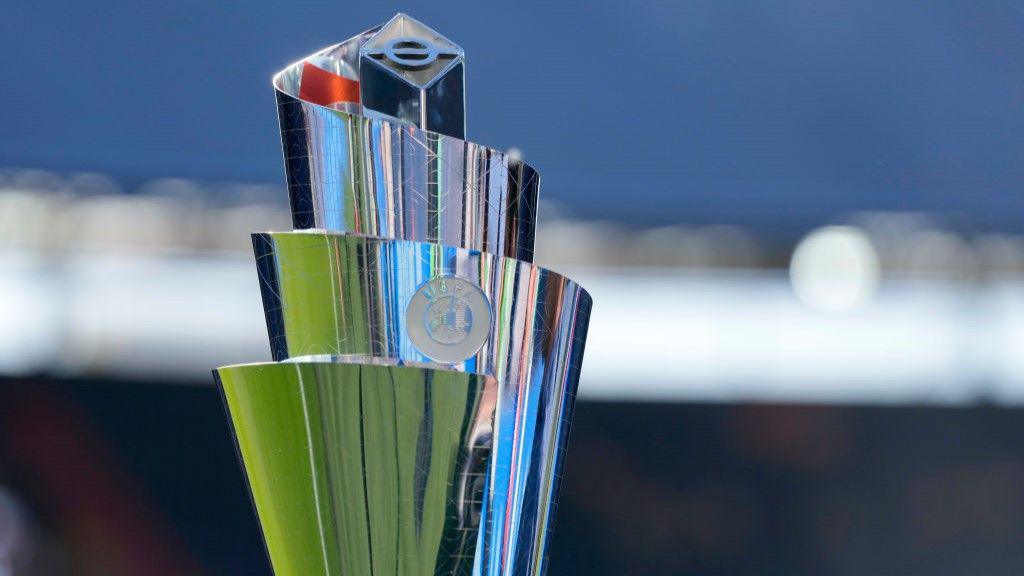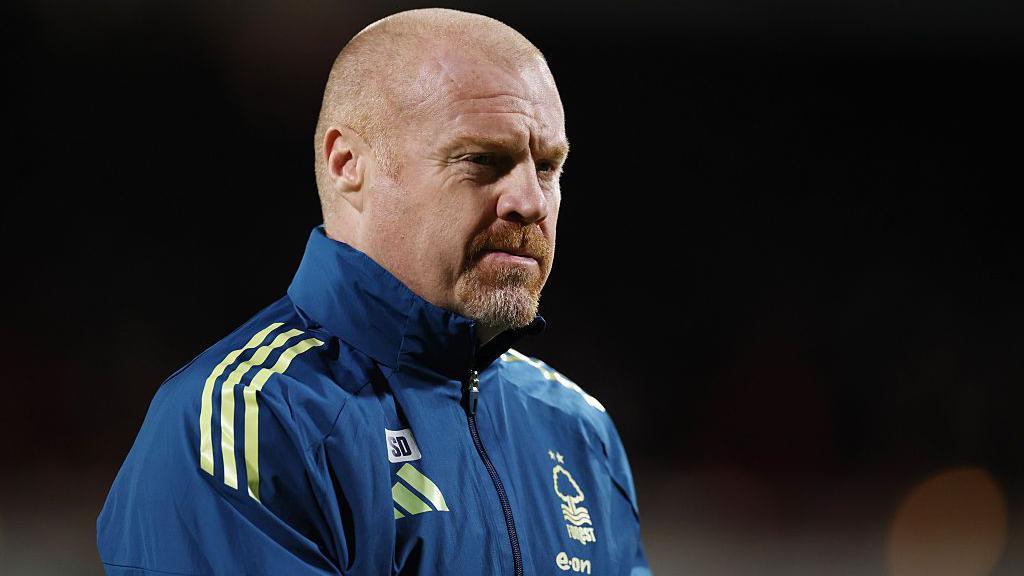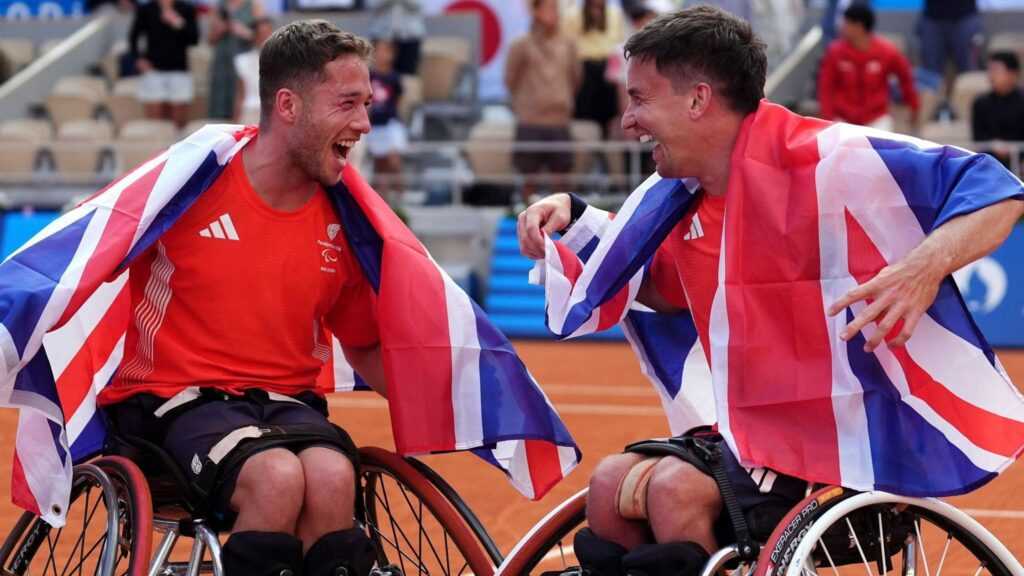
Great Britain’s Paralympic athletes have once again made their mark, finishing second in the overall medal standings at the 2024 Paris Paralympic Games. The team matched their total medal count from Tokyo 2021 but with an even greater number of gold medals, securing 49 golds and 124 medals in total. This impressive result comes despite increasingly tough competition, with more nations participating and winning medals than ever before.
Narrow Margins in a Competitive Field
Penny Briscoe, ParalympicsGB’s chef de mission, praised the athletes and highlighted how challenging the competition has become. “Every Paralympic Games sees the global competition getting stronger,” she said. Athletes like Rob Oliver in para-canoeing faced incredibly tight finishes—he placed sixth but was a mere 1/1400th of a second from second place. These razor-thin margins reflect the growing intensity of the Paralympic stage.
Success Across a Range of Sports
One of the most remarkable aspects of Britain’s performance is the team’s success in a wide range of sports. British athletes achieved record-breaking results in sports such as canoeing, triathlon, and rowing. Additionally, their achievements in swimming were particularly notable, with more gold medals in the pool than in any previous Paralympic Games. ParalympicsGB is committed to this broad, inclusive approach, excelling across various impairment groups and sports.
“We are an inclusive environment,” said Briscoe. “We’ve won medals across all our impairment groups, which tells a story of what we want to achieve. Narrowing our focus would go against our mission to promote inclusivity and diversity in sport.”
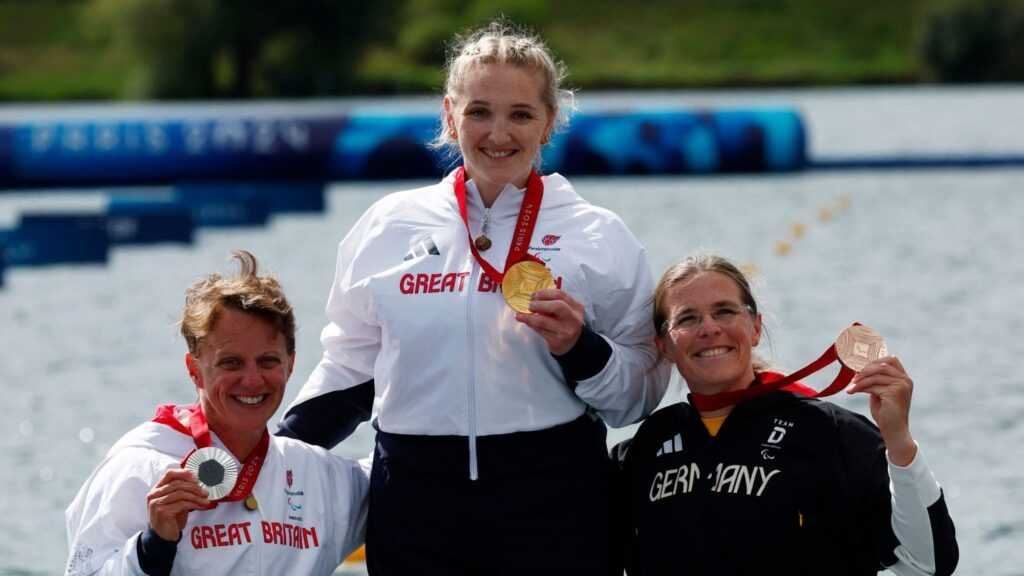
Funding the Future of Paralympic Success
As competition grows more intense, so does the need for financial support. Dr. Kate Barker, UK Sport’s head of performance, emphasized that future success will depend on increased government funding. “Remaining competitive will be more expensive in the years to come,” she said, adding that continued financial backing will be critical as the team looks toward the Los Angeles 2028 Paralympics.
The rising cost of maintaining competitive excellence is not deterring the team’s ambitions. ParalympicsGB aims to remain a global powerhouse in Paralympic sport, but this will require sustained investment.
Paris Sets a New Standard for the Paralympic Games
Paris 2024 not only impressed in terms of athletic performance but also set a new standard for the Paralympic Games as a whole. Andrew Parsons, president of the International Paralympic Committee, lauded the city for delivering an unforgettable experience for athletes and fans alike. He called Paris 2024 “the new benchmark for the Paralympic Games,” noting the incredible atmosphere and fan support throughout the event.
One of the highlights was the men’s wheelchair tennis final between Britain’s Alfie Hewett and Japan’s Tokito Oda. The match exemplified the increased level of competition at this year’s Games, with thrilling performances that captivated global audiences.
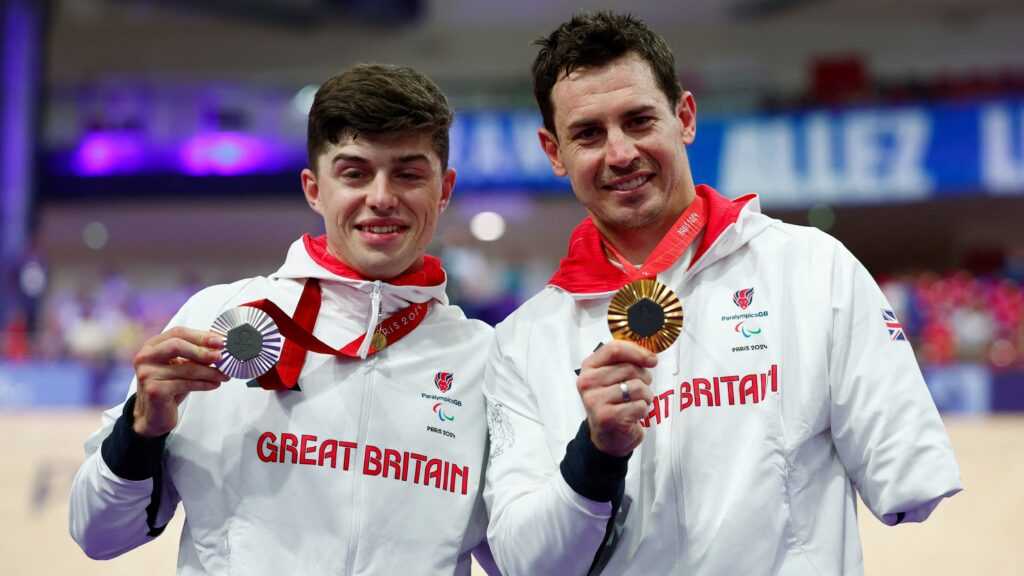
A Lasting Impact on French Society
The 2024 Paralympic Games were more than just a sporting event for France—they were a national movement. Tony Estanguet, president of Paris 2024, spoke of the transformative impact the Games had on the country. “The opening ceremony was a trigger,” he said. “It provided real visibility for inclusion and created collective emotion across the country.”
An estimated 88% of the French population engaged with the Paralympics, demonstrating the Games’ reach and influence. Estanguet expressed his belief that the event will leave lasting memories in the minds of people across the world, not just for its sporting spectacle but for its role in fostering inclusion and social change.

